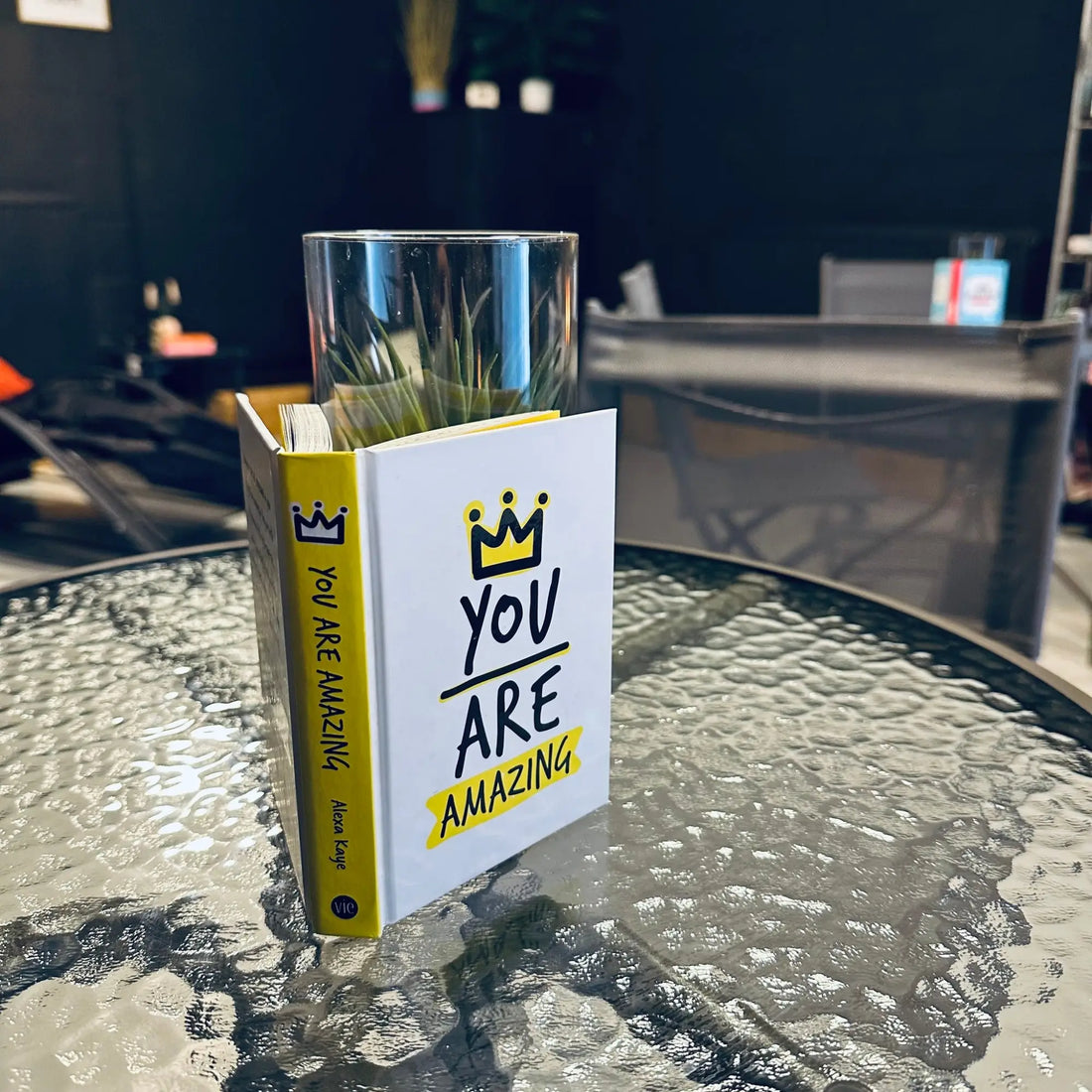
Detox Your Mind: Simple Habits to Reduce Stress and Improve Focus
Share
Detox Your Mind: Simple Habits to Reduce Stress and Improve Focus
In today's fast-paced world, stress and mental clutter affect nearly everyone. A cluttered mind can lead to decreased focus, lower productivity, and may even have negative impacts on your physical health. The good news is, you don’t have to radically change everything about your life to achieve a mental detox. By adopting a few simple yet effective habits, you can substantially reduce stress levels and improve focus, leading to greater mental clarity and overall well-being.
This article introduces straightforward, science-backed strategies designed to help you clear mental clutter, foster calmness, and develop a more productive mindset for everyday life.
Understanding the Need for a Mental Detox
Just as we benefit from detoxifying our bodies with healthy eating and physical activity, giving your mind regular attention can support optimal functioning. Mental clutter often reveals itself through racing thoughts, feelings of anxiety, trouble concentrating, disrupted sleep, irritability, or a decline in creativity. These challenges can interfere with both personal and professional life, making it harder to stay present or maintain motivation. Pursuing a mental detox helps you regain mental space, enabling you to feel refreshed, gain focus, and interact more positively with those around you.
Taking time for a mental detox can give you back the ability to think clearly, respond thoughtfully to challenges, and enjoy improved emotional stability and cognitive performance.
Simple Habits for a Mental Detox
1. Mindfulness and Meditation
Practicing mindfulness or meditation can help ground you in the present, easing mental turbulence and distracting thoughts. Even short periods of practice each day can help slow your mind, reduce chronic stress, and improve focus over time. Consistent mindfulness builds resilience, allowing you to remain calm and engaged amidst daily challenges.
2. Digital Detox
Frequent use of digital devices can overload your senses and make relaxation difficult. Scheduling device-free intervals gives your brain a break and encourages you to be more present in offline moments. This habit enhances your ability to concentrate and supports a more balanced lifestyle.
3. Prioritize Sleep
Getting enough rest is essential for restoring mental clarity and emotional balance. Quality sleep can recharge your brain, helping you process information, solve problems creatively, and manage everyday stress. A calming bedtime routine, together with a set sleep schedule, encourages deeper rest and contributes significantly to stress reduction and improved focus.
4. Engage in Physical Activity
Regular physical activity is a proven way to relieve stress and lift your mood by triggering the release of endorphins. Activities such as walking, swimming, or dancing not only enhance your physical health but also promote a sharper mind and greater emotional well-being. Moving your body regularly can be one of the most effective habits you develop for ongoing mental detox and increasing productivity.
5. Healthy Diet
A balanced diet rich in whole foods fuels your brain and helps stabilize mood. Incorporating fruits, vegetables, and lean proteins into your meals provides the vital nutrients your brain needs to function optimally, ensuring you sustain focus throughout your day. Limiting processed foods and excess caffeine also makes it easier to keep mental energy and stress in check.
6. Spend Time in Nature
Regular exposure to natural settings has been linked to lower stress levels and elevated mood. Whether it’s a brief walk in a garden or sitting quietly in a park, time in nature revitalizes your mind, boosts creativity, and encourages a sense of inner peace. Natural environments offer a restorative break from overstimulation, helping you return to your activities with renewed clarity.
7. Journaling
Expressing your thoughts and feelings in writing can clarify emotions, organize thinking, and bring stress-inducing patterns to light. Journaling regularly encourages self-reflection, provides mental space to sort through challenges, and supports your mental detox by promoting greater self-understanding.
8. Connect with Loved Ones
Cultivating relationships with family and friends is crucial for mental well-being. Meaningful conversations, shared laughter, or simply spending time together contribute to emotional support and help buffer the effects of stress, making it easier to maintain motivation and focus.
9. Learn to Say No
Protecting your mental space often requires setting boundaries. Learning when and how to say no enables you to focus your energy where it matters most, prevents overwhelm, and supports your overall well-being as you align your activities with your priorities.
10. Practice Gratitude
Developing gratitude shifts your attention toward positivity, which has been shown to increase happiness and reduce stress. Making it a daily habit to reflect on what is going well can cultivate optimism, nurture resilience, and further your mental detox efforts.
Conclusion: Cultivate a Clear and Focused Mind
Detoxing your mind involves small, sustained changes rather than a one-time fix. By consistently incorporating these practices—whether improving your sleep, moving your body through enjoyable physical activity, taking mindful breaks, or building gratitude—you can experience less stress, greater satisfaction, and improved focus. Embracing these habits supports ongoing mental clarity and lays the foundation for enhanced productivity and long-lasting well-being.
Keywords: Mental detox, stress reduction, improve focus, mindfulness, meditation, digital detox, sleep, exercise, healthy diet, nature, journaling, gratitude, mental clarity, productivity, well-being